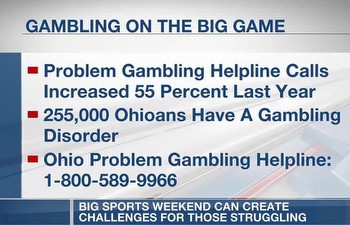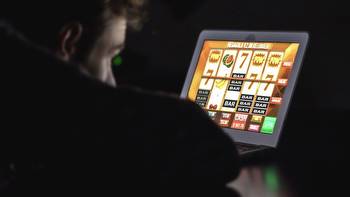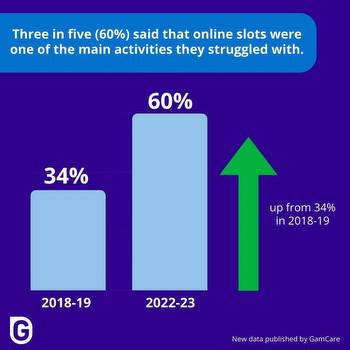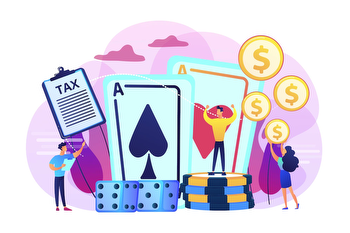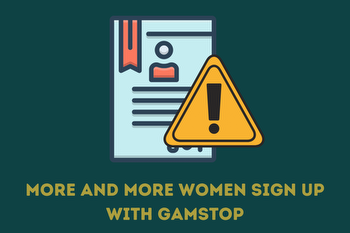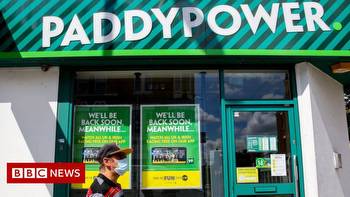Online slots challenges grow as UK consults on...
(Alliance News) - The percentage of UK online gamblers seeking support for problems related to slot machines has almost doubled in the past five years, new figures show.
Of those who disclosed difficulties with online gambling on the National Gambling Helpline last year, three in five (60%) cited online slots as one of the main activities they struggled with – up from 34% in 2018-19, according to data from the service's operator, GamCare.
The findings, which come as the government consults on introducing maximum stake limits for online slot games, show that 73% of 5,660 callers to the helpline last year said they had struggled with online gambling.
The proportion of people citing challenges with betting exchanges – sites that allow betting directly against other players – has increased from 0.3% to 7.6% over the last five years, while the proportion of gamblers having problems with online financial markets such as cryptocurrency and high-risk trading platforms has increased from 0.02% to 2.17%.
However the data suggests that the proportion of those who have had difficulties with online spots betting has fallen, from 34% in 2018-19 to 20% in 2022-23.
Colin Walsh, GamCare's lived experience manager, said: "There is still a perception that gambling harm predominantly comes from betting on horses or sports events.
"In the past five years, we have broadly seen a trend where people often start gambling on these activities but eventually transition into other areas of online gambling, where it can be easy to lose sight of how much time and money is being spent.
"The data highlights that it is now disproportionately online slots that are the main challenge for many people who call the National Gambling Helpline.
"I know from my own experience – and the experiences of those in my network – how difficult this form of gambling can be, and how isolating it can feel if you find yourself caught in a negative cycle.
"But I also know that it is possible to get through it and that there is free help for anyone struggling with it."
By Josie Clarke, PA Consumer Affairs Correspondent








